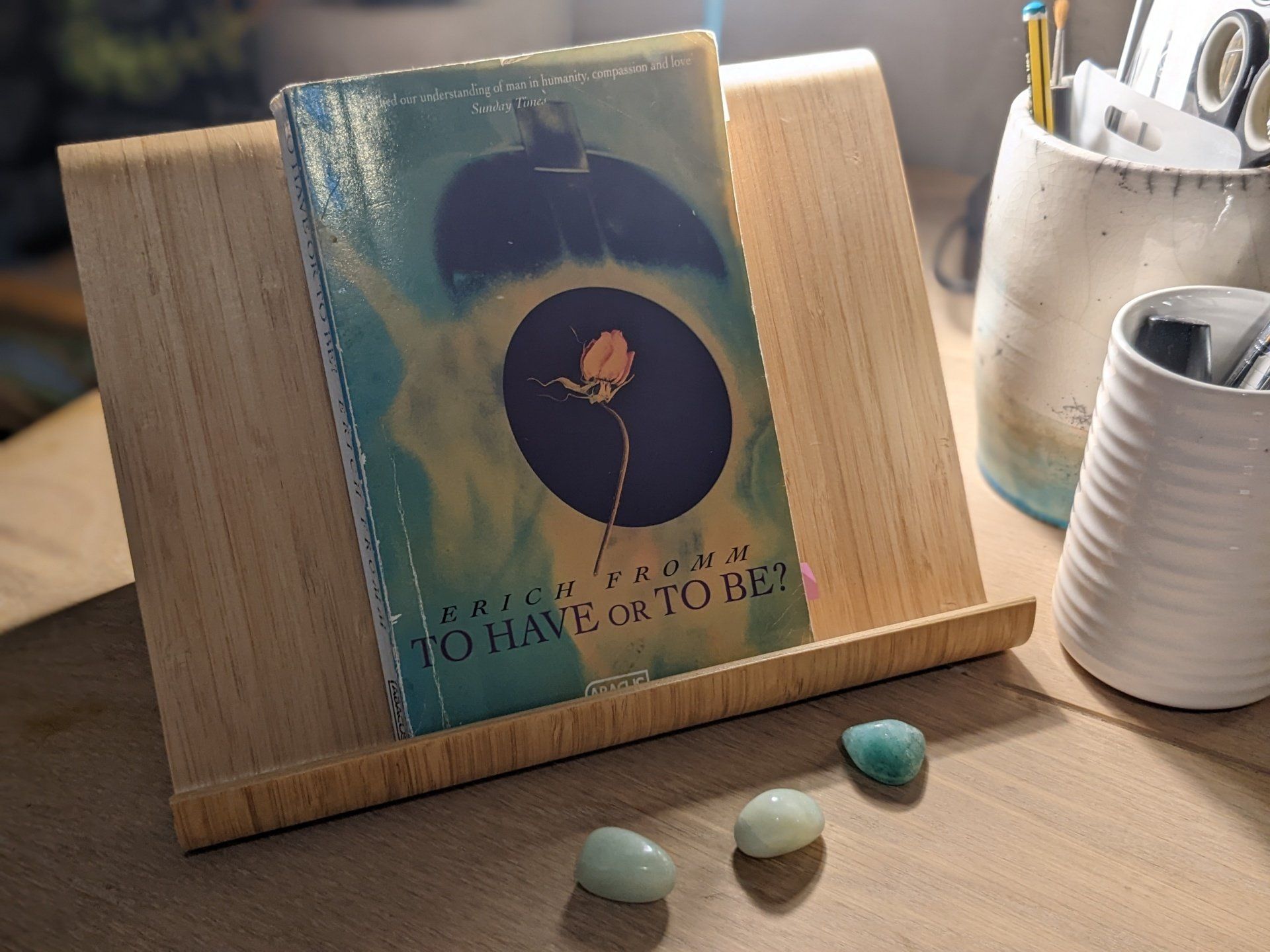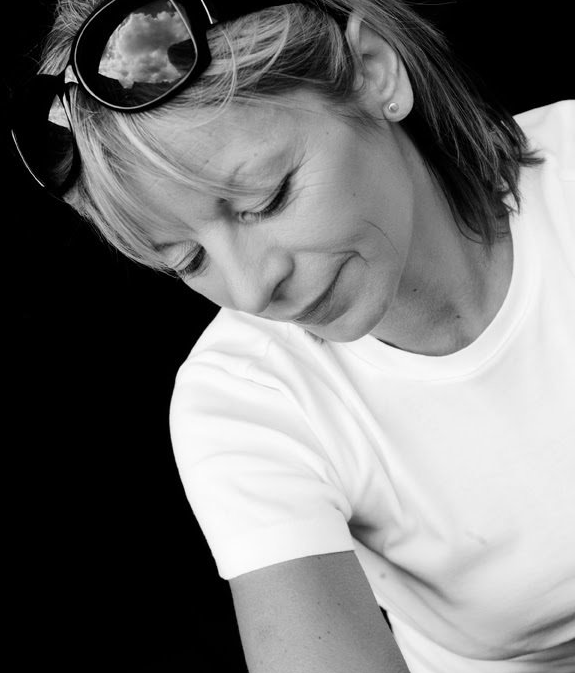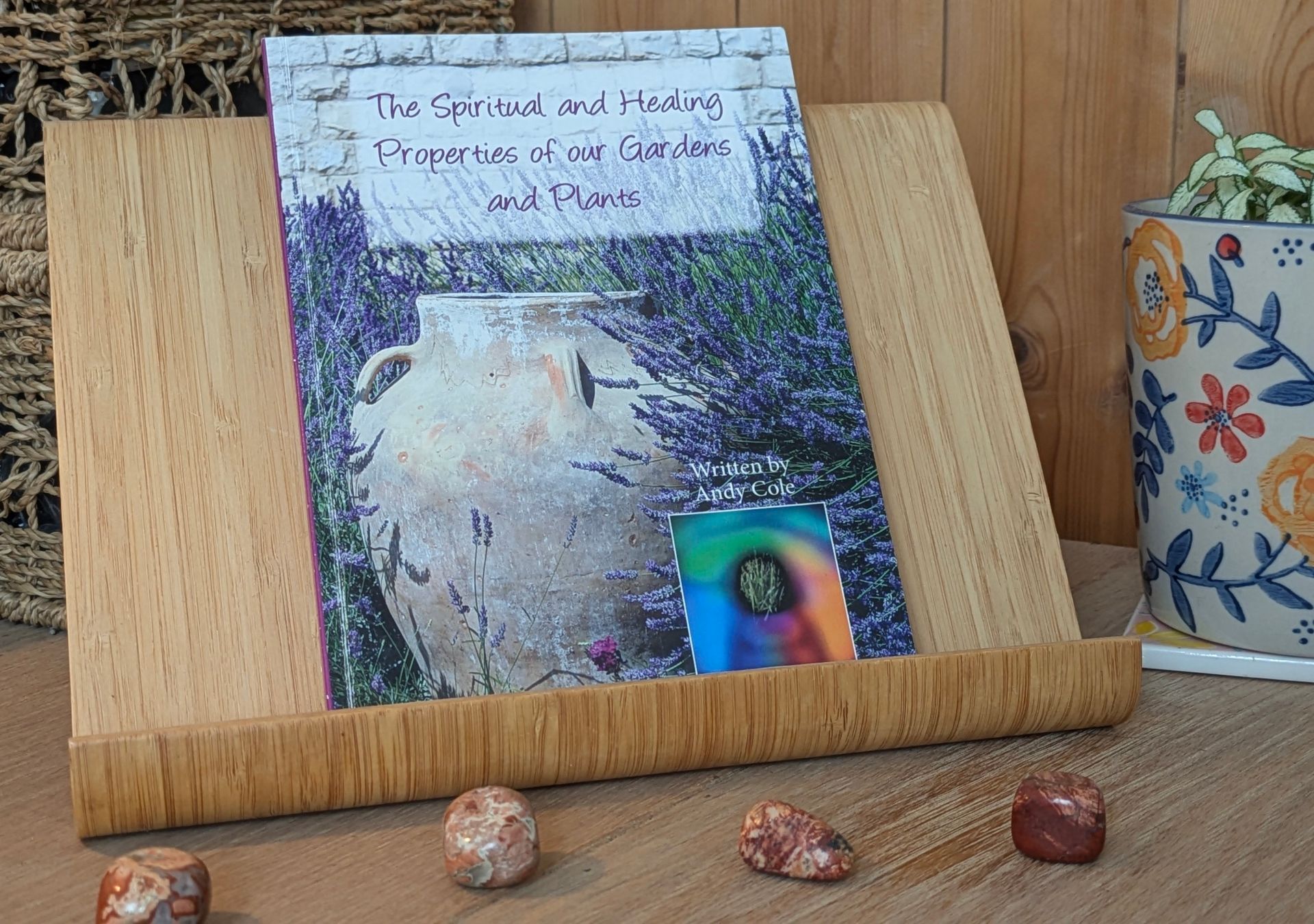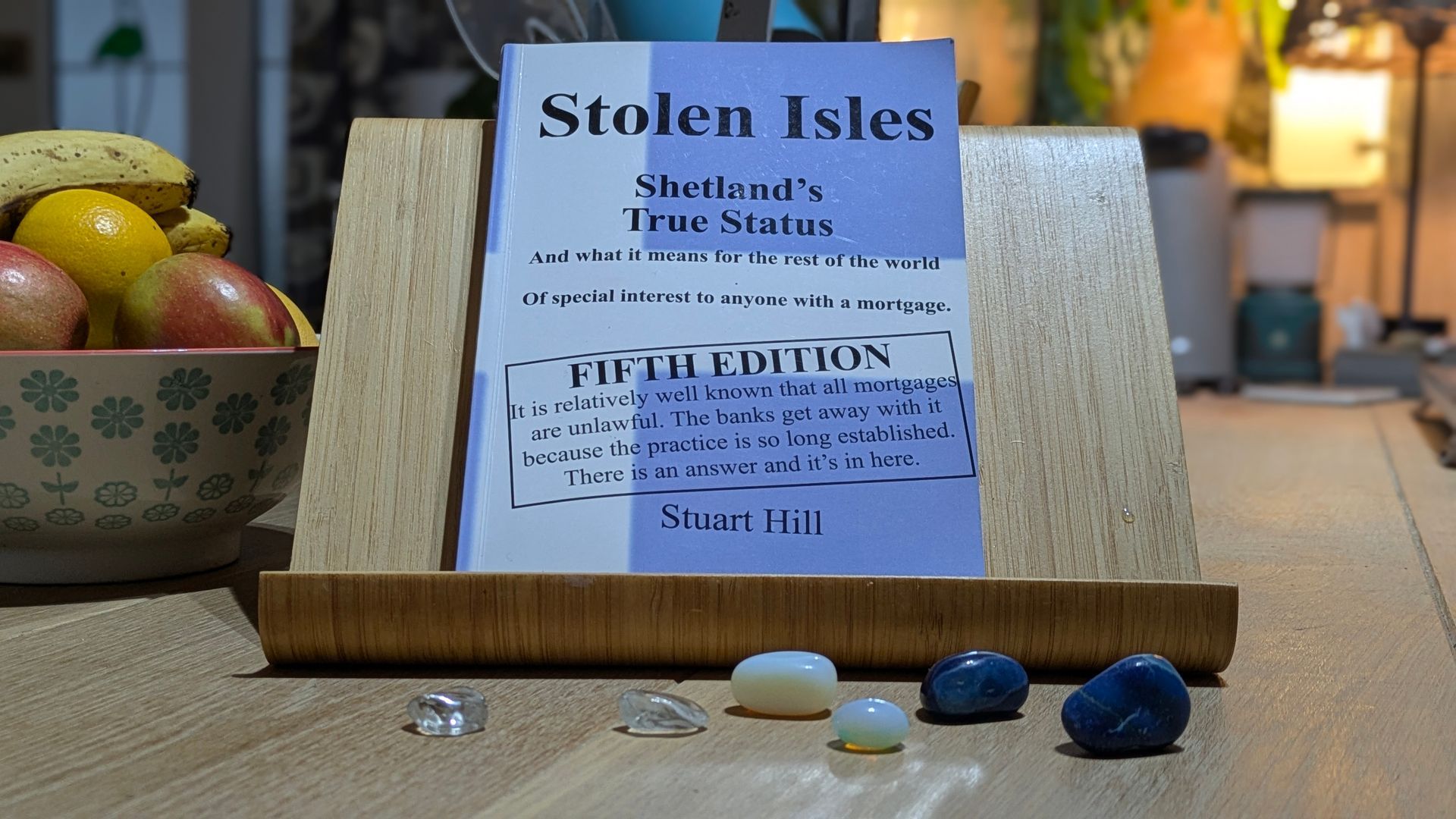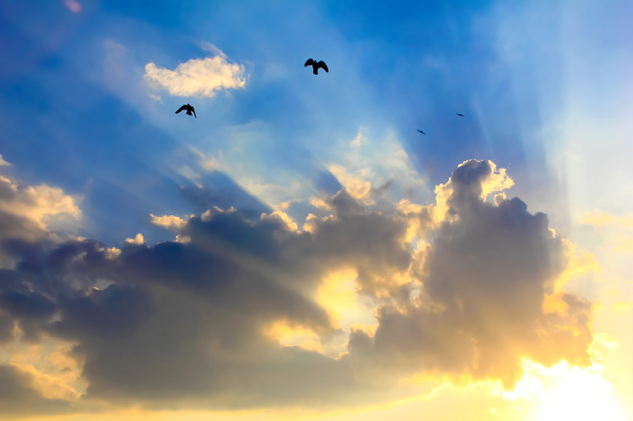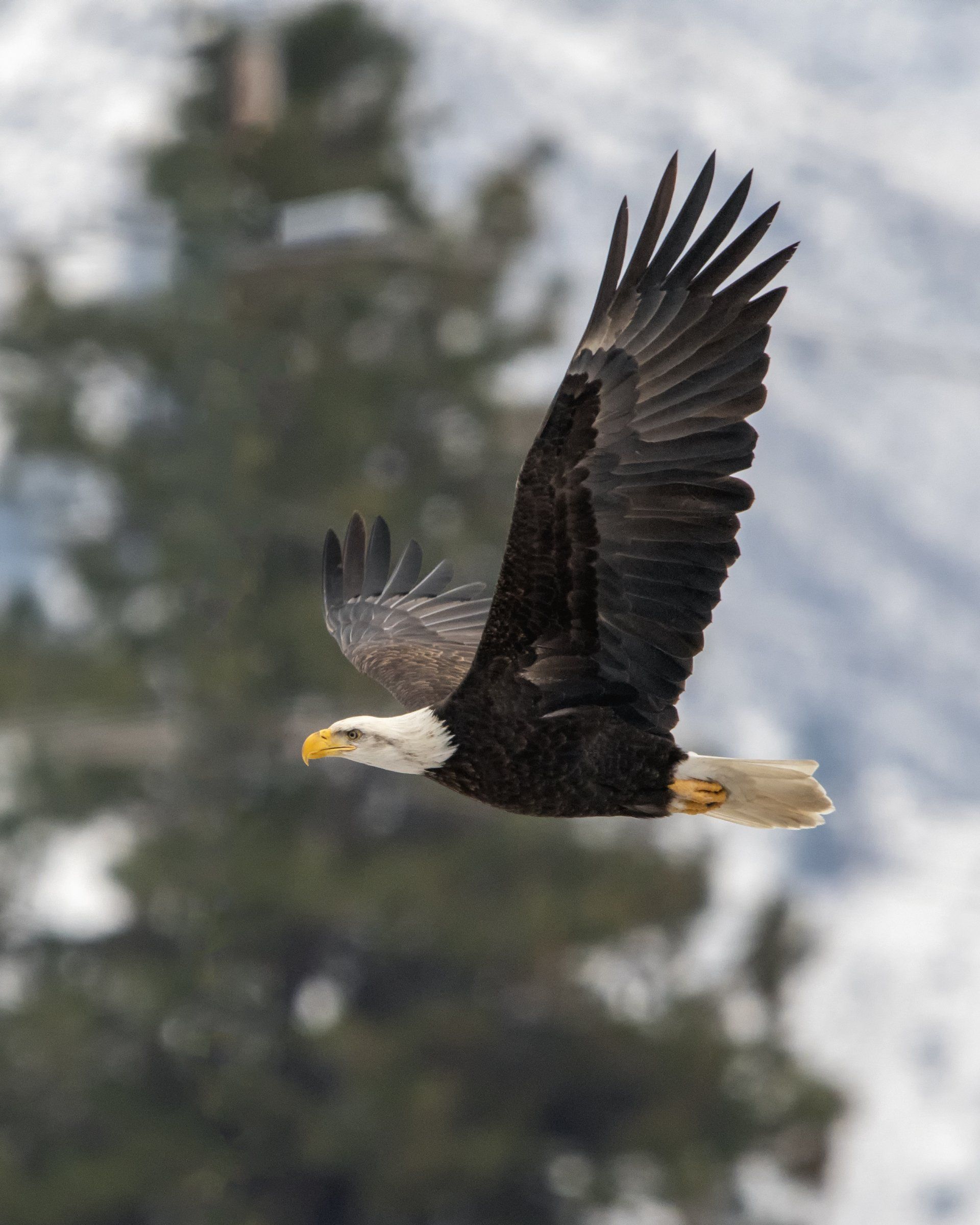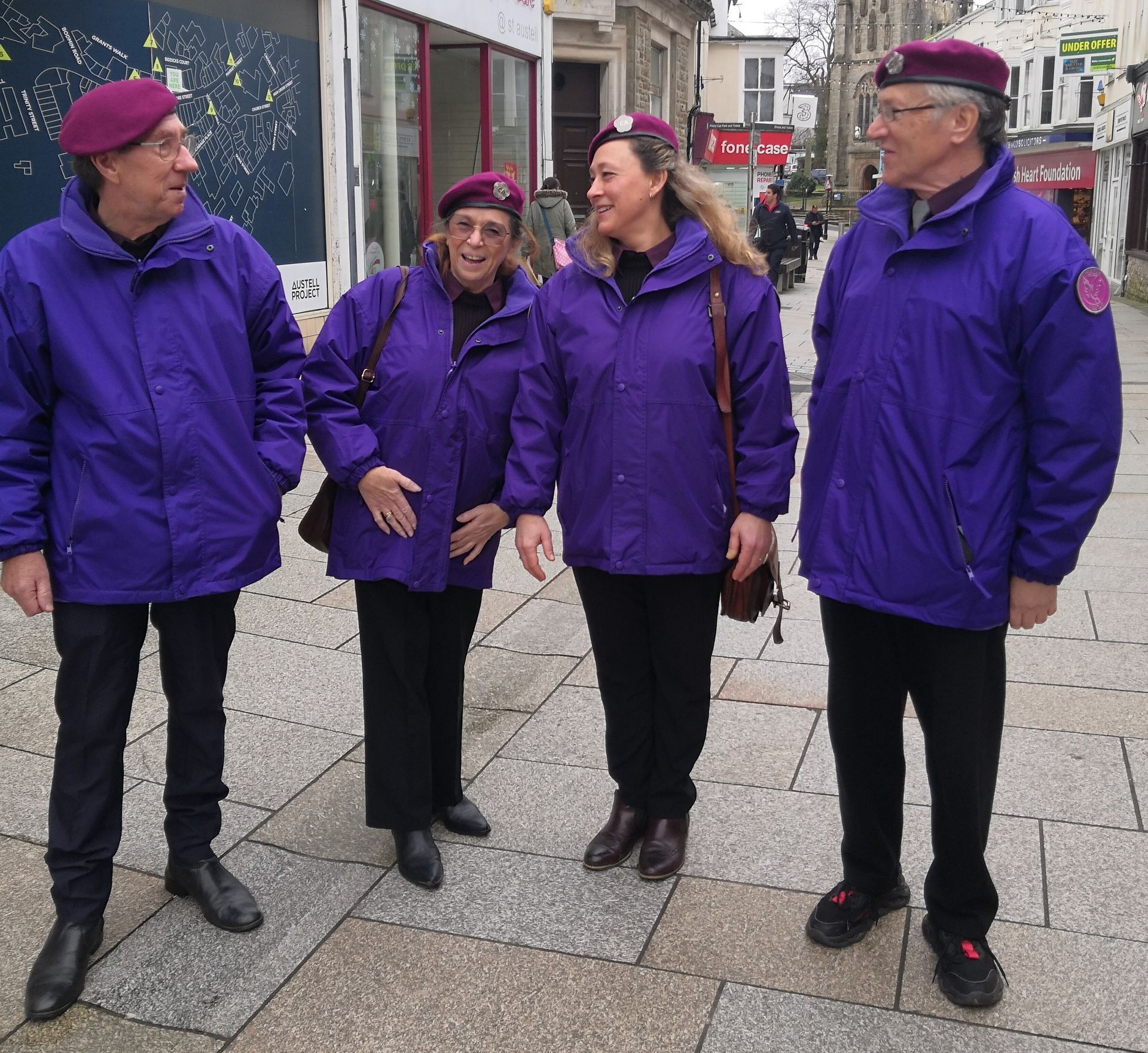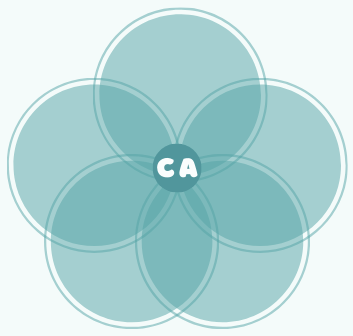To Have or To Be? is an superb body of work by Erich Fromm [March 23 1900 – March 18 1980] who was a social philosopher exploring the interaction between psychology and society. By applying psychoanalytic principles to the remedy of cultural ills, Fromm believed, mankind could develop a psychologically, spiritually and emotionally balanced society.
What would you choose?
When we think of the title of the book in the context of a 'choice' and consider if we could have (or be) one or the other - what would we choose? If we think of 'having' in it's most extreme sense of hoarding, competing and exploiting (devoid of humility by definition) and 'being' in it's most joyful sense of sharing, learning and loving (devoid of arrogance by definition), then I know what most of us would choose.
I highly recommend To Have or To Be? which sets out Fromm's thesis that:
'two modes of existence struggle for the spirit of humankind: the having mode, which concentrates on material possessions, power, and aggression, and is the basis of the universal evils of greed, envy, and violence; and the being mode, which is based on love, the pleasure of sharing, and in productive activity. To Have Or to Be? is a brilliant programme for socioeconomic change.'
A new social system
For this post, I wanted to share a fundamental premise for Fromm's
'brilliant programme for socioeconomic change' which requires a new function of society to encourage the emergence of a new human 'being' whose character exhibits certain qualities that align perfectly with our endeavour to 'be' our best selves in our activities, intentions and vision to live together in peace and harmony.
As Fromm says:
'we need to demonstrate that the suffering could be removed if the conditions for suffering were removed ... [prior to creating a] new practice of life [where] the new social system would be free of the suffering that the old system, of necessity, had to produce.'
I would suggest that the old system is removing itself the more we remove ourselves from, and the more we continue to build our new social system of 'being' whereby, as sovereign 'beings' volunatrily bound by Natural Law (and by definition), there will be no more suffering.
A new way of 'being'
And so, Fromm presents us with an excellent benchmark for 'being' (which he described as the qualities of 'The New Man'). These qualities represent the values we all aspire to live by. It is a long list that gives us good reason to celebrate the beauty of 'being our best selves.'
- Willingness to give up all forms of having, in order to fully be.
- Security, sense of identity, and confidence based on faith in what one is, on one's need for relatedness, interest, love, solidarity with the world around one, instead of on one's desire to have, to possess, to control the world, and thus become the slave of one's possession.
- Acceptance of the fact that nobody and nothing outside oneslef gives meaning to life, but that this radical independence and no-thingness can become the condition for the fullest activity devoted to caring and sharing.
- Being fully present where one is.
- Joy that comes from giving and sharing, not from hoarding and exploiting,
- Love and respect for life in all it's manifestations, in the knowledge that not things, power, all that is dead, but life and everything that pertains to its growth are sacred.
- Trying to reduce greed, hate and illusions as much as one is capable.
- Living without worshipping idols and without illusions, because one has reached a state that does not require illusions.
- Developing one's capacity for love, together with one's capacity for critical, unsentimental thought.
- Shedding one's narcissism and accepting the tragic limitations inherent in human existence.
- Making the full growth of oneself and of one's fellow beings the supreme goal of living.
- Knowing that to reach this goal, discipline and respect for reality are necessary.
- Knowing, also, that no growth is healthy that does not occur in a structure, but knowing, too, the difference between structure as an attribute of life and 'order' as an attribute of no-life, the dead.
- Developing one's imagination, not as an escape from intolerable circumstances but as the anticipation of real possibilities, as a means to do away with intolerable circumstances.
- Not decieving others, but also not being decived by others; one may be called innocent, but not naive.
- Knowing oneself, not only the self one knows, but also the self one does not know - even though one has a slumbering knowledge of what one does not know.
- Knowing that evil and destructiveness are necessary consequences of failure to grow.
- Knowing that only a few have reached perfection in all these qualities, but being without the ambition to 'reach the goal', in the knowledge that such ambition is only another form of greed, of having.
- Happiness in the process of ever-growing aliveness, whatever the further point is that fate permits us to reach, for living as fully as one can is so satisfactory that the concern for what one might or might not attain has ittle chance to develop.
- Sensing one's oneness with all life, hence giving up the aim of conquering Nature, subduing it, exploiting it, raping it, destroying it, but trying, rather, to understand and co-operate with Nature.
In conclusion
As Fromm says, the 'how' of becoming 'The New Man' would require another book by itself with the appropriate title, 'The Art of Being' - a subject that many of us can relate to very well.
I enjoy bringing this kind of work back to the fore. It's wonderful to think that for humanity's most brilliant and sincere thinkers and writers (especially those who have not been celebrated and are not with us today) their time is NOW.
Sue Cartwright AInstAM
Community Assembly of the British Isles
Editor

